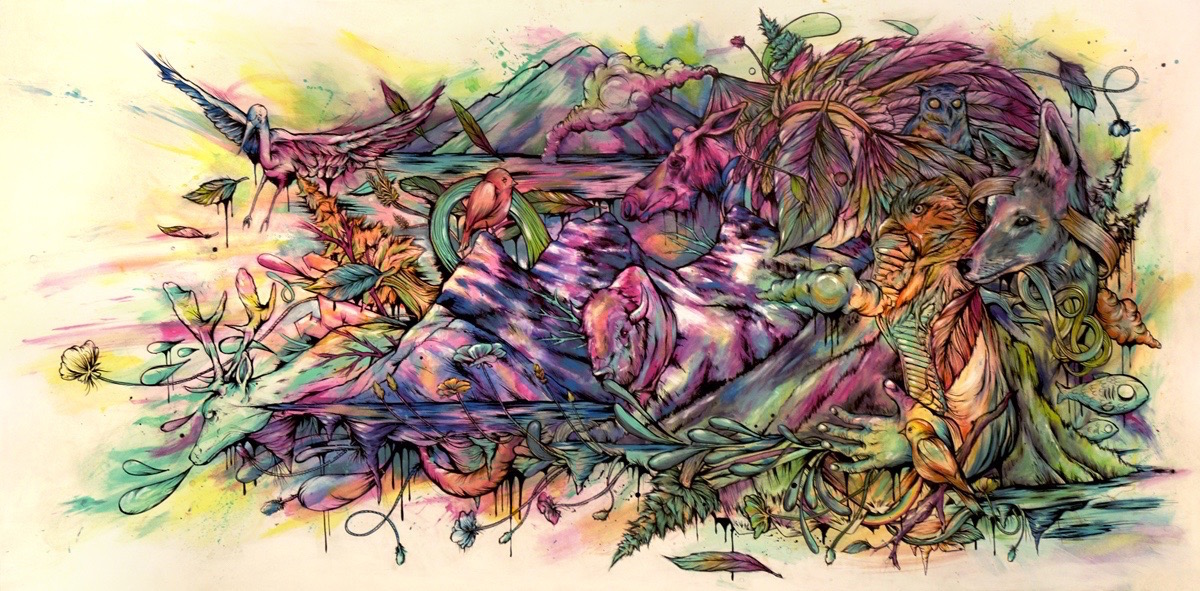
Below is a list of assembled links to websites with relevant historical materials or more contemporary cultural productions related to my research interests. I will try to also include brief descriptions of what you might find there.
African Diaspora and Afro descendants in Portugal and Brazil
The audio-blog Afrolis is a space in which Afrodescendants living in Lisbon share their experiences and cultural productions.
Part of HNet, which is an international interdisciplinary organization of scholars and teachers dedicated to promote the educational potential of the Internet through a series of networks connected to different topics. Each network contains peer review essays, multimedia materials and discussion and debates for scholars and a broader interested public. The project was developed in the History Department of the Michigan State University. It is worth to explore the several networks that are part of this initiative. I have found interesting material and discussions. In particular, H-Black-Europe is dedicated to the study of Europe and the Black Diaspora. Highly recommended.
A very interesting blog, founded in 2009. They publish articles from multiple topics, such as music, literature, art, political affairs, among others. It is updated in an almost daily or weekly basis, which I find really useful.
The website is in Portuguese, as it was created by a professor from the Universidade de Brasilia. The site contains a collection of different texts about Afro-Brasilian and African philosophy. The texts are all in Portuguese.It has also a section with links to other sites and useful resources in a variety of languages, that also deal with African or Afro-Brasilian philosophy. Another interesting section is the one that contains videos with talks and lectures related to African topics.
This website is also in Portuguese, launched in Brazil a couple of years ago. It is connected to the Criola organization. Criola is a collective of black women that fight for black women’s rights. The site contains different sections that move from the history of some women liberation movements, to a set of resources and feminist texts. The texts are also in Portuguese, many times translations from English versions.
I really like this artist. She is Portuguese but currently resides in Berlin. Her work is inter and multidisciplinary. She mixes different media to produce her work, and she has also written academic books. Described in her website:
Her work draws on memory, trauma, race, gender, and the ‘post-colonial condition,’ and has been translated into several languages, as well as, presented internationally. (…) She is best known for her unconventional writing and her ‘subversive use of artistic practices, bringing text into performance, and giving body, voice and image to her own writings’* – using a variety of formats from video installations, to staged readings, to performances, to text collage, and to three dimensional and sound installations.
Highly recommended.
GELEDES is also a Portuguese website that revolves around the defense or black women’s rights, the same as Criola. It contains lot of material in Portuguese regarding racial issues, as well as a set of texts and resources about feminism and black studies in Brazil. It is also updated in a daily or weekly basis, which I find very very useful.
The site is in Portuguese and it is a blog dedicated to the promotion of african music. It is connected to a radio station and the recordings of some of the programs are uploaded.
Pedagogy and Digital Pedagogy
As I became to get involved with Digital Pedagogy, I stepped into this website. The project was inspired by the pedagogies of Paulo Freire and Bell Hooks. The site features Hybrid Pedagogy a journal about learning, teaching and technology.
ELM (European Lifelong Learning Magazine) is a free online magazine on lifelong learning and adult education. I found there very interesting articles that connects with issues or racial discrimination in Europe.
Resources
Super useful website, I followed the tutorials that they offer for most of my learnings of digital tools during the last months. Highly recommended.
Critical Commons is a public media archive and fair use advocacy that supports the transformative reuse of media in scholarly and creative contexts.
... Back to top ...